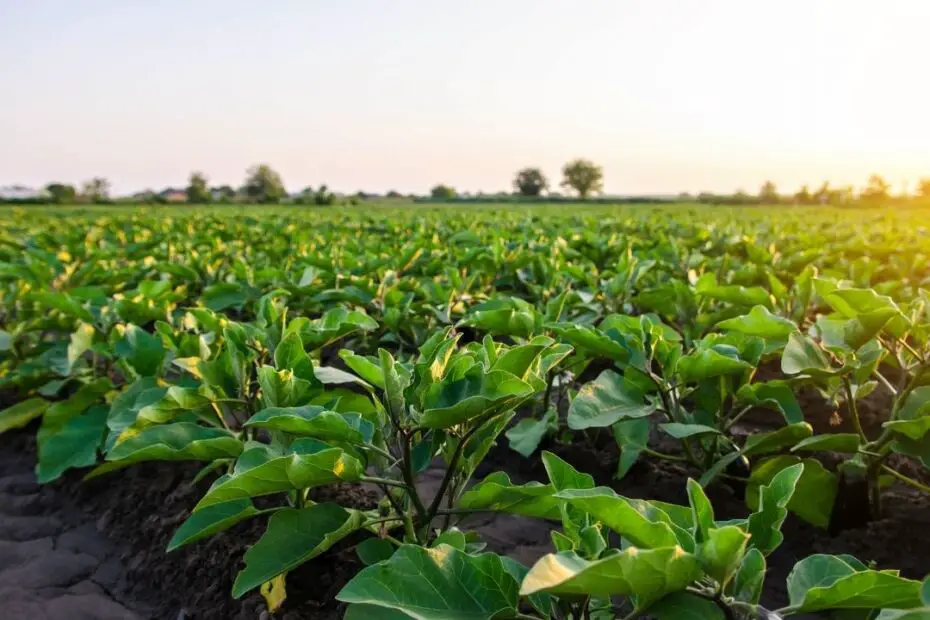At the beginning of every planting season, we all do our best to predict our approximate crop yield. Even so, it’s not always possible to know exactly how much to expect. There are countless factors at play, many of which we can’t control.
While we can’t control unexpected pest infestations or weather patterns, there are plenty of factors we can control to increase our numbers. Following these top tips to maximize your crop production this year will help you do just that.
Practice Crop Rotation
Each type of crop responds to soil differently. For instance, corn takes nitrogen from the soil, while peas have the opposite effect. Planting either of these on the same plot of land season after season could damage the land, depleting the soil’s nitrogen or oversaturating it. This could result in lower yields.
The best way to avoid this is to establish a crop rotation system that promotes healthy soil. This system should emphasize principles such as growing like families together, following nitrogen-depleting crops with nitrogen-producing crops, and planting cover crops throughout the year.
Test Your Soil
It’s hard to determine the best spot to plant a crop if you don’t know what is already in the soil. That’s where soil testing kits come in handy. Along with the level of nitrogen, a testing kit can let you know about the content level of these nutrients in your soil:
- Magnesium
- Calcium
- Phosphorus
- Sulfur
- Sodium
Pay Attention to Fencing
If your farm includes crops and livestock, good fencing is an essential way to increase crop production this year. Fencing will help prevent damage to your crops that could decrease your yield, and it will keep out any predators from outside your farm.
But there are times when your choice of fencing materials may actually be counterproductive, inviting pests to your field. Wooden fences are often prone to insect infestations that may impact your crops. That’s why so many farmers choose synthetic timbers for their fences instead.
